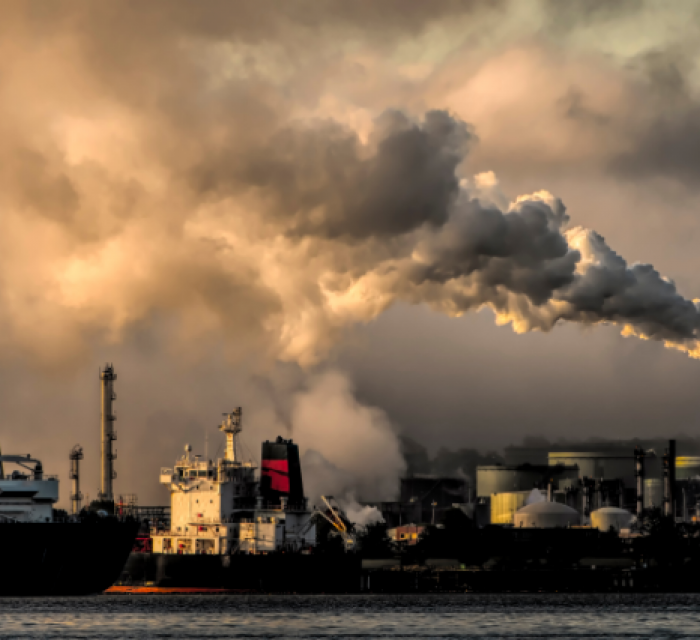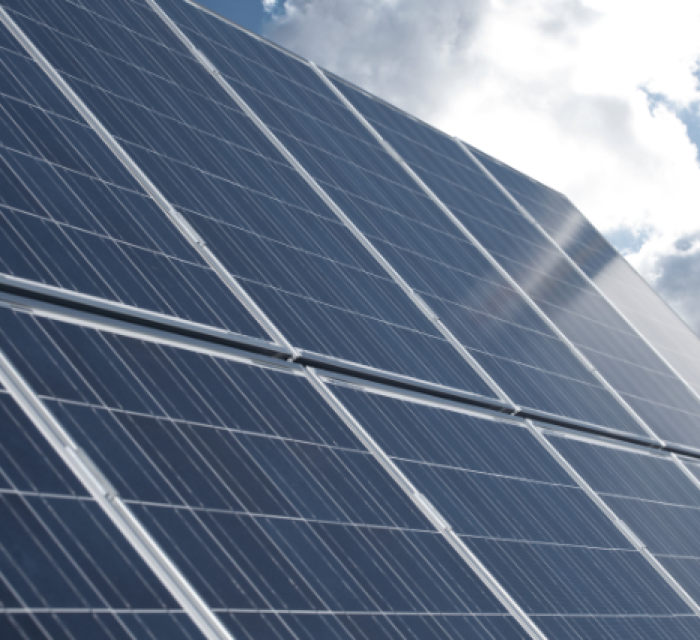The EU is introducing a new fee for the import of selected commodities from third countries
Carbon Border Adjustment Mechanism, CBAM or "carbon import tax". A term with which the import of electricity, iron or cement will be associated more and more often.
On May 10, 2023, the European Parliament approved a regulation establishing the Carbon Border Adjustment Mechanism (CBAM). Although the new regulation is supposed to encourage cleaner industrial production outside the EU and improve the competitiveness of the domestic industry, it represents another hard blow not only for the automotive industry, but also for other industrial sectors in the EU, such as metallurgy.
EU countries have definitively approved new emission standards that will ultimately lead to the end of the sale of cars with internal combustion engines from 2035. Furthermore, the automotive sector (not only in Slovakia) is also worried about the proposal of the new EURO 7 emission standard. In addition, a new import fee resulting from the CBAM mechanism is being introduced. The key elements are that CBAM will initially apply to imports of certain goods and selected precursors whose production is carbon-intensive and there is a risk of carbon leakage.
Carbon leakage occurs when EU-based companies move carbon-intensive production abroad to countries with less restrictive climate policies than the EU, or when EU products are replaced by imported products with higher carbon content.
Carbon Border Adjustment Mechanism, CBAM or "carbon import tax". A term with which the import of electricity, iron or cement will be associated more and more often.
Specifically, it will cover five sectors: iron and steel, cement, fertilizers, aluminium, and electricity. When importing these commodities from third countries, importers from Europe will have to pay an additional fee. Its amount will depend on the emissions content of the production and the difference between the price in the EU ETS (EU Emissions Trading System) and the carbon price paid in the country of production.
The EU currently operates a trading system of emission allowances, which allow companies to emit larger amounts of carbon dioxide emissions into the air. As a result, European companies face higher production costs. The EU’s new mechanism aims to limit the transfer of production from the EU to third countries, where the additional pollution costs are lower. According to the Ministry of Finance of the Slovak Republic, in the period 2015-2019, the largest exporters of commodities to the EU that will be subject to the new fee were countries such as Russia (16.7%), China (10.1%), the United Kingdom (8.5%), Norway (7.3%) and Turkey (6.8%).
The new mechanism will start to apply on October 1, 2023. However, this will only be a transitional phase to collect and evaluate data. This phase will last until the end of 2025, during which importers of selected goods will be obliged to report the amount of direct and indirect greenhouse gas emissions resulting from the production of the goods in question outside the EU. Subsequently, from 2026, importers will have to declare each year the amount of goods imported into the EU in the previous year and the associated total greenhouse gas emissions. If the importers can demonstrate that the fee has already been paid during the production of the goods they import into the EU from third countries, they will be able to deduct the relevant amount of the paid fee from the fee resulting from the CBAM mechanism. The gradual cancellation of the free allocation of allowances within the EU ETS will take place simultaneously with the gradual introduction of CBAM in the period 2026-2034.
The set of rules and requirements for reporting emissions under CBAM will be determined in more detail in an implementing act, which will be adopted by the Commission after consultation with the CBAM committee composed of experts from EU Member States.





